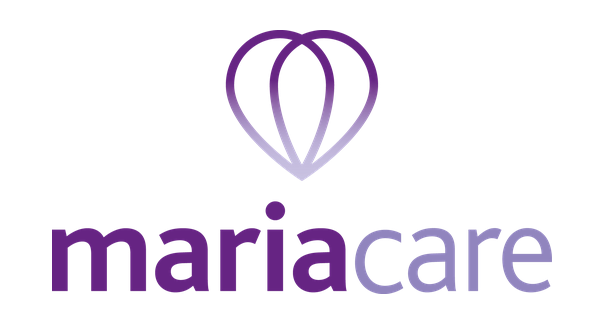1.
Do you offer a cleaning service?
Yes. Also, please see our ‘Our Services’ tab.
2.
What services do you provide?
Our services include but, list not exhaustive (please request if you require any not listed):
· Sitting service and companionship
· Personal care
· Preparation of meals
· Cleaning and domestic duties
· Shopping trips / running errands
· Social outings (including residents from care homes)
· Ad hoc overnight care
· Accompany and travel for appointments, events, social trips
· 24 Hours emergency contact phone for any i.e. emergencies, accidents
3.
What training do you give your carers?
All our care staff are trained to the Care Certificate standard as required by the Care Quality Commission (CQC). This is an identified set of standards that health and social care staff adhere to in their daily working life. The Care Certificate contains a set of 17 standards that anyone new to care must complete within the first 12 Weeks of their recruitment. In addition, there are several more training courses not included in the Certificate which Maria Care arrange for staff to complete by the end of their 6 month probationary period.
We have very strict safe recruitment processes, a good Induction & shadowing (with experienced members of staff) program with on-going training & development during the term an employee is with us. We also have internal qualified trainers for i.e. Moving & Handling, all staff are regularly updated.
Our team are spot checked regularly (on the job) by senior staff, one-to-one supervisions, group supervisions, annual appraisals and also an ‘open door’ policy for all staff at all times. Any actions, concerns, complaints, additional training requirements etc are dealt with immediately. Many care staff have their NVQ Qualifications and there are usually several working towards one. All members of staff are offered the opportunity of gaining this formal Qualification however, some staff may not wish to do so as they have been in care for 20+ years, are extremely experienced, continue with the on-going training & development and are supervised at exactly the same intervals as others.
Our Registered Manager and Duty Manager both hold the management qualification NVQ5 in Adult Health & Social Care and our Senior Care Workers (as well as a number of other care staff), at a minimum hold their NVQ Level 3.
In addition, our Proprietors, office team, senior staff and a number of our care staff are all ‘Dignity in Care’ Champions, registered with the Dignity Council.
4.
I think my relative or friend is in need of care, what should I do?
Should you be aware that they will need financial assistance towards the cost of their care, you can contact your local authority who will be able to provide more information and arrange for a Social Worker to meet with them to discuss their requirements and financial status. Within North Somerset, you would phone Care Connect (the single point of access) on 01934 888801 to make a referral. If the council agree that care is needed and they can offer some financial support, you do have the option to let them arrange the care for you (the provider Invoices the council) or you can choose to arrange your own care by requesting a Direct Payment (the council pay you and you pay the provider) however, you would need to request a Direct Payment at the time of the initial meeting so you can complete their paperwork in advance.
You can choose who provides your care whether partially, completely funded or paying privately if you opt for a Direct Payment. It’s Your Choice!
Should you not be entitled to any funding at all (i.e. over the savings financial threshold), you will need to pay the provider you have selected privately. As savings reduce, you can request another assessment at a later date.
Please note, each provider has differing charge rates therefore, please request when you are making enquiries.
5.
How do I fund care?
Considering methods of funding care can be very daunting for many of us. In some situations, you may be eligible for support from your local council to help cover part or all of the costs associated with the care. However, this will depend on i.e. savings, property ownership, annual income such as benefits, pensions etc.
You can find out more about your eligibility by contacting your local council (see above no. 4) and requesting a ‘care and support needs assessment.’
6.
Direct payments and personal budgets
If your care is to be partially or fully funded by the council, then you can request a method known as Direct Payments (see no. 4). In these cases, the client opens a separate account with their bank and the council will make payments into it, which the client then uses towards the cost of their care.
Direct payments do give the client more choice and control in managing their own care through selecting their own provider, managing the payments and allowing a more personalised service, this also assists with retaining the clients own independence.
